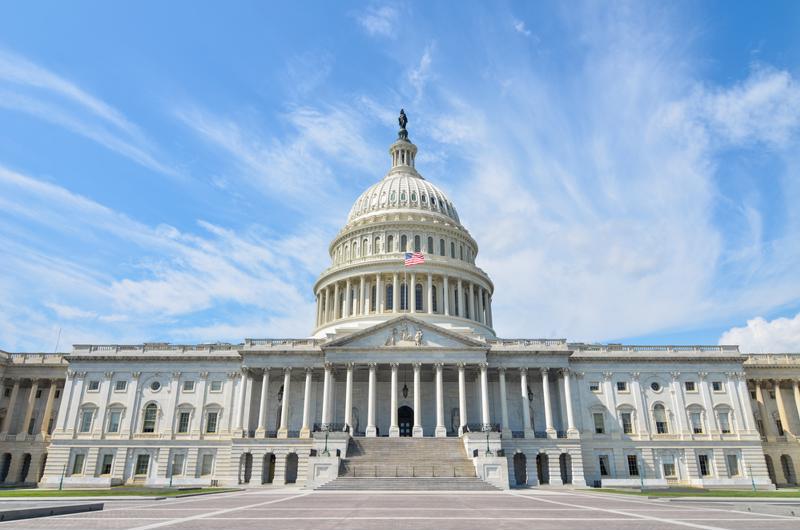Due largely to the problems that cropped up throughout the coronavirus pandemic, strengthening the supply chain within the U.S. to better meet business and public-sector needs has come into focus in recent months. Indeed, lawmakers and other decision-makers at the federal level are now working on developing ways to undergird the domestic supply chain so the flow of goods can continue uninterrupted when external stressors arise.
The Senate Commerce Committee recently held hearings on this subject, with the particular understanding that the supply chain is a key component of a functioning economy, which therefore requires more support at the federal level, according to Transport Topics. Commerce Committee Chairwoman Maria Cantwell recently noted that the need for legislation on this is now clear, especially when it comes to issues around shipping petroleum, semiconductor chips and more.

John Miller, senior vice president of policy and general counsel at the Information Technology Industry Council, said at the hearing, "A successful supply chain resiliency strategy must widen the aperture to consider a full array of relevant threats and considerations, not only to address identifiable, material, concrete national security risks directly tied to actionable threats articulated in [U.S. government] intelligence or vulnerability assessments, but also to consider other facets of resiliency including supply chain resiliency investments, U.S. competitiveness, availability and domestic manufacturing capacity."
Coming into focus
This hearing was held just a week before the House Armed Services Committee's Defense Critical Supply Chain Task Force released the findings of a study which showed the current supply chain the U.S. Department of Defense relies upon could be at greater risk than previously believed, according to Defense News. Why? Because "a significant amount of material in the Defense Industrial Base is sole-sourced from the People's Republic of China."
Consequently, the task force recommended that the DOD do more to understand the full extent of its supply chain and highly vulnerabilities that may exist within it, the report said. This is particularly true when it comes to materials used in a number of mission-critical manufacturing processes, including semiconductors, rare-earth elements, ballistic propellants and ingredients used to make pharmaceuticals.
Bills advancing
With so much focus on all these issues, it should come as no surprise that legislators are now introducing bills that would boost security and flexibility in the supply chain, according to MeriTalk. These include the Information and Communication Technology Strategy Act, Communications Security Advisory Act of 2021 and FUTURE Networks Act, among many others that are likely to receive bipartisan support.
The more those in the logistics and supply chain industries can do to understand the ways laws could change in the near future, the better off they will be when it comes to staying agile and ready to deal with any new regulatory requirements they face. That kind of extra preparation and flexibility will serve them well as the nation continues to shore up its collective weaknesses in the supply chain.



Post A Comment:
0 comments so far,add yours